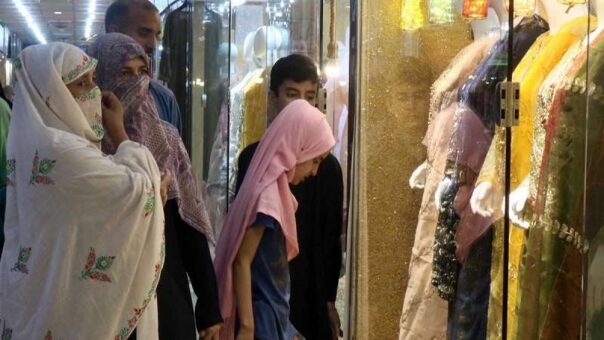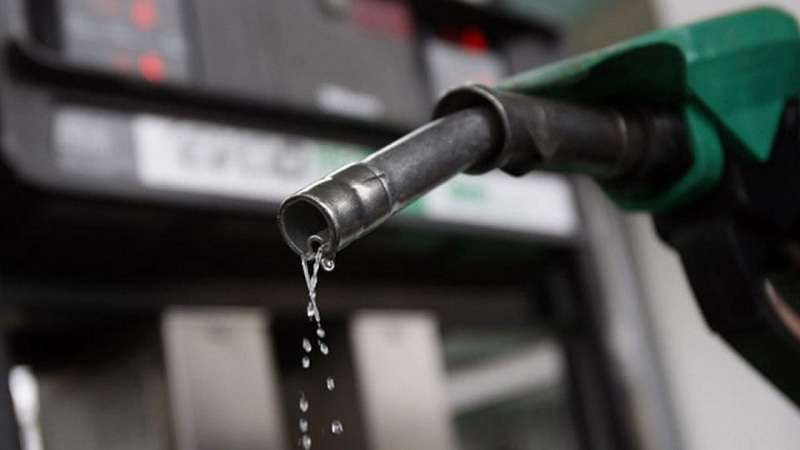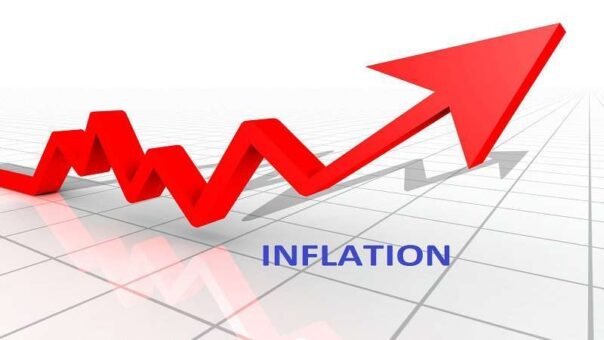Pakistan has provided a comprehensive report detailing the increase in petroleum prices over the past year, resulting in inflationary pressure on the general population.
(more…)Tag: inflation
-

Pakistanis struggle to celebrate Eid as inflation reaches record high
The celebration of Eid-ul-Fitr, a major Muslim festival, has been affected by the record high inflation rates in Pakistan.
(more…) -

Inflation spoils Eid shopping for many Pakistanis as prices skyrocket
Eid-ul-Fitr, one of the most celebrated festivals in Pakistan, is just around the corner. However, this year, the festival is marred by the specter of inflation, which has cast a shadow over Eid shopping.
The prices of essential commodities, including food, clothing, and cosmetics, have skyrocketed, making it difficult for the common people to buy and celebrate the festival with the same fervor as in previous years.
The headline inflation based on Consumer Price Index (CPI), increased to 35.4 percent on year-on-year basis in March 2023 as compared to an increase of 31.5 percent in the previous month and 12.7 percent in March 2022, according to data released by Pakistan Bureau of Statistics (PBS).
The situation has become so dire that even the traditional Eid sweets and snacks have become out of reach for many. The prices of dates, a staple food item during Ramadan and Eid, have increased by 40 to 50 percent in just one year. The prices of sweets, including gulab jamun, barfi, and laddoo, have also increased by almost 30 percent.
Similarly, the prices of clothes have also surged, and the quality of the fabrics has decreased. Many shopkeepers have admitted to selling fake or low-quality products to meet the demand for cheap clothes. This practice not only deceives the customers but also harms the local textile industry.
The cosmetics industry is also not immune to the inflationary pressure. The prices of perfumes, makeup, and hair care products have increased by almost 20 to 30 percent. This has left many people with no choice but to opt for cheaper and low-quality products, which could lead to skin and hair problems.
The government has tried to control inflation by announcing various relief measures, but these measures have not been effective enough to mitigate the inflationary pressure. The central bank has raised the interest rate to control inflation, but this move has also led to an increase in borrowing costs for businesses, which could result in a slowdown of economic growth.
The common people, especially the middle and lower-income groups, are feeling the brunt of the inflation. They are finding it difficult to make ends meet, let alone indulge in Eid shopping.
The government needs to take more effective measures to control inflation and provide relief to the people, especially during festivals like Eid. The government should focus on promoting local industries, providing subsidies to small businesses, and improving the quality of essential commodities to make them more affordable for the common people.
In conclusion, Eid-ul-Fitr, which is a time of joy and celebration, has been dampened by the inflationary pressure. The government needs to act urgently to control inflation and provide relief to the people, so that they can celebrate the festival without worrying about the high prices of essential commodities.
Pakistan establishes national task force for adopting Artificial Intelligence
-

Pakistan massively increases petroleum prices by up to 103%
Pakistan has massively increased petroleum prices up to 103 per cent during past one year, according to official statistics released on Friday.
(more…) -

Pakistan inflation likely to surge by 34.5% in March 2023
Pakistan inflation likely to surge by 34.5 per cent in March 2023 as against 12.7 per cent same month last year.
(more…) -

Sensitive Price Inflation climbs by around 47%: PBS
ISLAMABAD: Inflation based on sensitive price indicator (SPI) has climbed up by around 47 per cent year on year (YoY) week ended March 22, 2023, Pakistan Bureau of Statistics (PBS) said on Friday.
(more…) -

Pakistan’s SPI inflation hits 42.27% YoY by week ended March 9
ISLAMABAD: Pakistan’s inflation based on Sensitive Price Indicator (SPI) recorded an increase of 42.27 per cent year on year (YoY) by week ended March 9, 2023.
(more…) -

Prices of diesel, petrol jump by 93.82% and 77.89% in latest inflation numbers
ISLAMABAD: The prices of diesel and petrol have recorded an increase of 93.82 per cent and 77.89 per cent, respectively in the latest inflation numbers.
(more…) -

Prices of essential items soar by 38.42pc in Pakistan
ISLAMABAD: Prices of essential items have soared by 38.42 per cent by week ended February 16, 2023 on year on year (YoY) basis, official data revealed on Friday.
(more…) -

Expected sales tax on petroleum products to further inflate consumer prices
The government may impose sales tax on petroleum products in coming days which would massively increase prices of consumer products.
(more…)